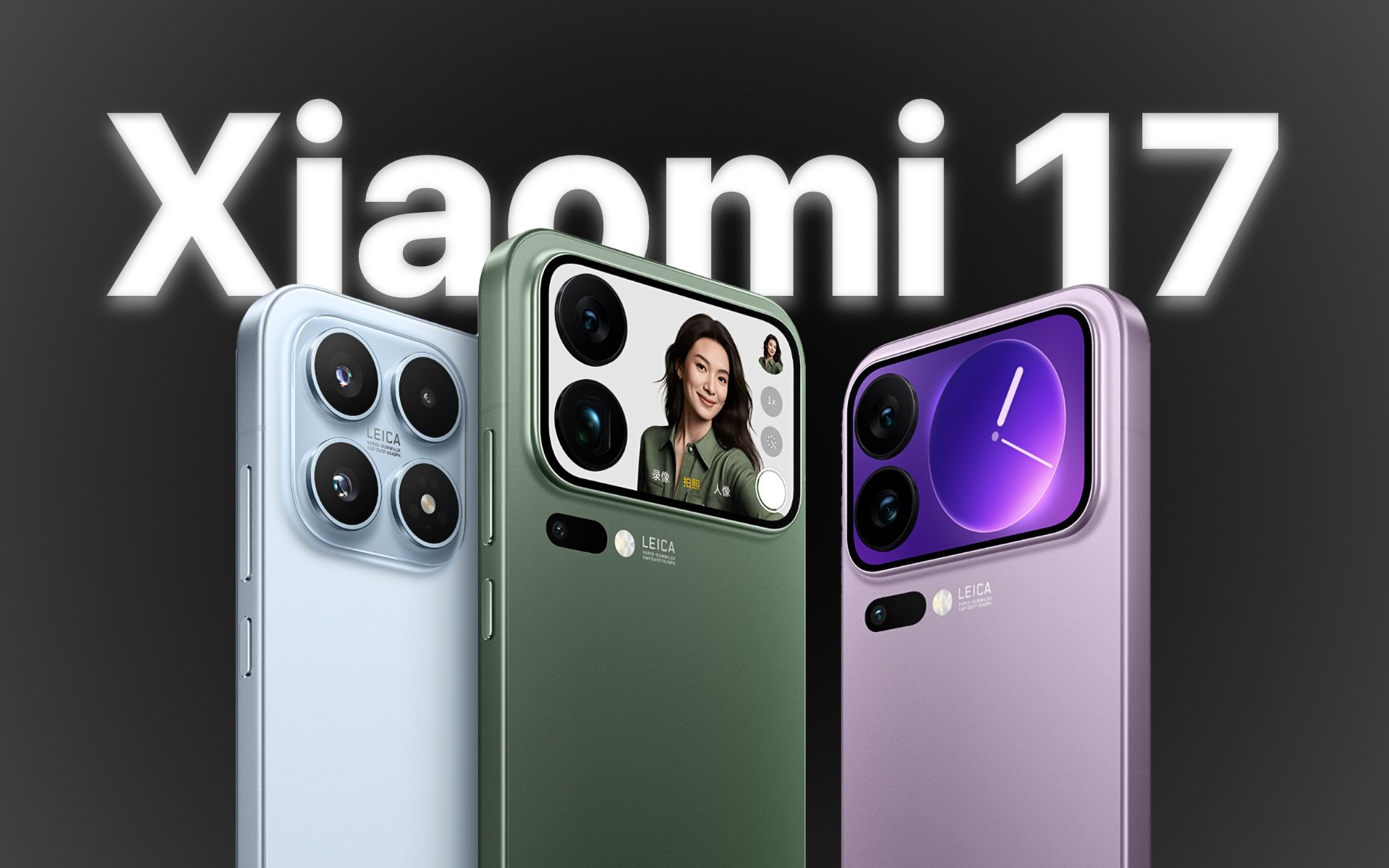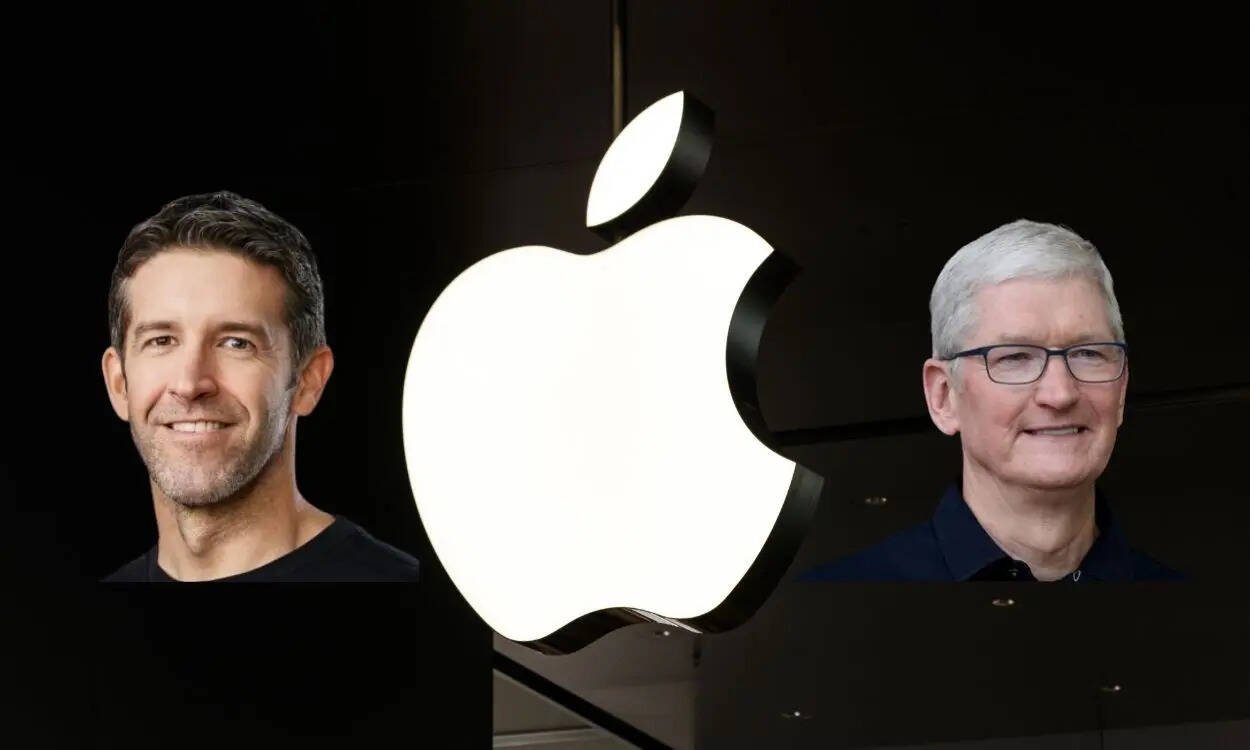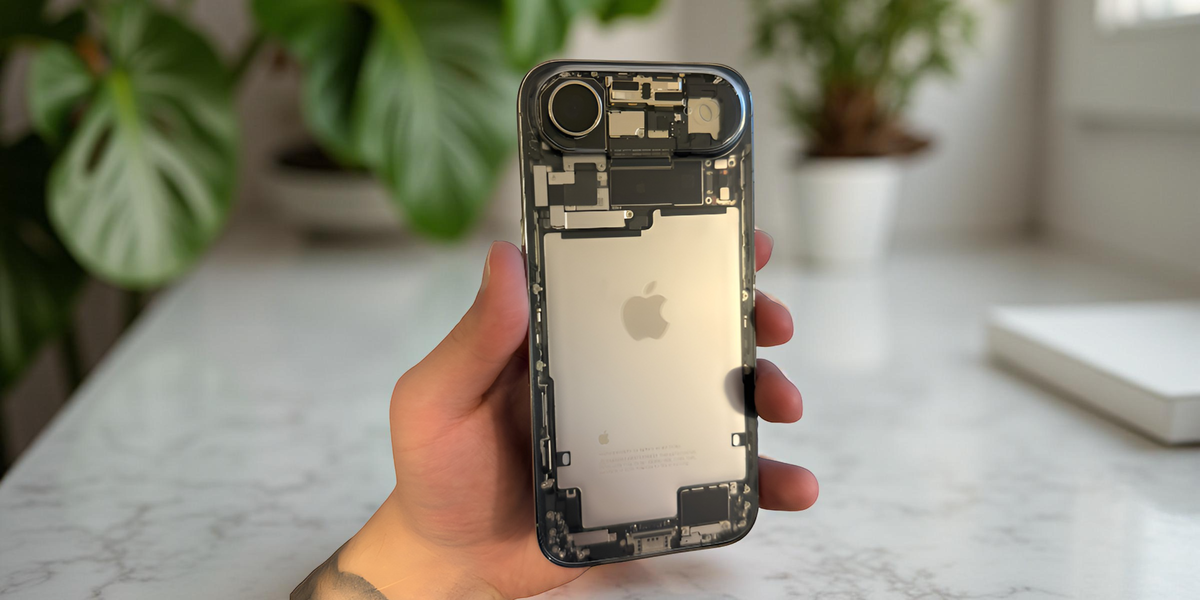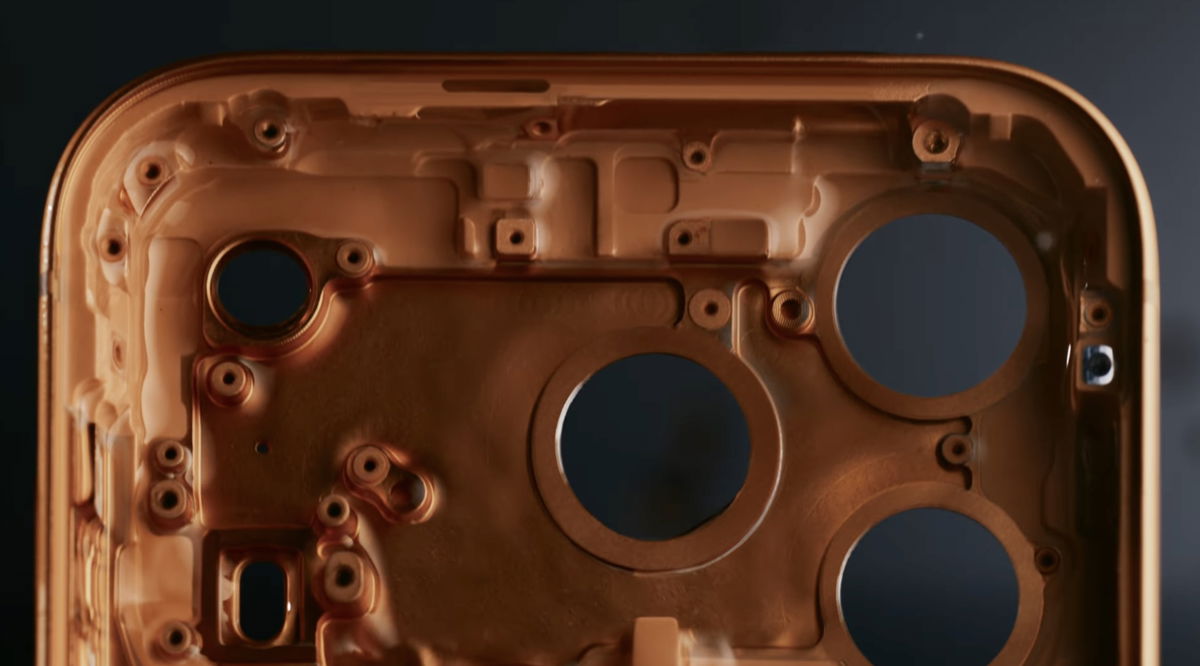It has been reported over the past few hours that the upcoming Pixel Tablet, which Google briefly revealed at its latest I/O, could be compatible with third-party styluses. This has not yet been confirmed, but is already causing a lot of noise because it may involve the adoption of a standard called ultrasoundor Universal Stylus Initiative.
If you really don’t know what we’re talking about, don’t be afraid. What USI offers is still unknown to the vast majority of users; and although this initiative has the support of large companies that have already implemented it in some of their devices, mass adoption is still far away. Something that could drastically change not only in the hands of the Pixel Tablet, but Android in general. But we’ll talk about that later.
What is the Universal Stylus Initiative? The simple definition of USI is that it is the only open standard that allows use the same stylus on multiple touchscreen devices, be it mobile phones, tablets, computers or other compatible equipment. Here is how the promoters explain it on their website:
“Defines the standard pointing mechanism and communication protocol between the stylus and the touch device. It has a robust bi-directional protocol designed from the ground up to support a rich set of core features, as well as extensibility for vendor customization and future use.” “.
Universal Stylus Initiative
The most recent version of the Universal Stylus initiative is 2.0, released last February. This update not only improved compatibility between styluses and devices using the USI standard, but also added support for wireless charging of styluses via NFC.
Who is part of the Universal Stylus initiative?
The Universal Stylus initiative was released in 2015 and version 1.0 became available in 2016. Google joined the project in 2018. and has since played a “promoter” role with Lenovo, Intel, Samsung, Synaptics, Hanvon, and FocalTech. There are other participants in the initiative, divided into “participants” and “hosts”, notable names such as BIC, Dell, Fujifilm, LG Display, Wacom, ASUS, HP, and Logitech.
It is important to remember that there are currently less than a dozen devices certified to support the USI standard. Appear only in the list multiple chromebooks – mostly from HP, with the exception of a couple from Lenovo – and a Google tablet, for which no further details are given, but it will be the aforementioned Pixel tablet.
The story changes when you see the list of styluses certified by the Universal Stylus Initiative, as here you can see a much more important variety. Stylus models from Logitech, ASUS, Wacom, HP, Lenovo, and Acer, among other brands, already include this technology and can be used with the aforementioned Chromebooks and any devices that meet the specification in the future.
Android could change the future of USI for the better

The rumor that the Pixel Tablet will support third-party styluses thanks to the Universal Stylus Initiative is certainly very interesting. Android devices that today have a stylus do it only through their own developments, which hinders interaction between brands. Therefore, it is very important that Google finally indicate the initiative to add it to their mobile operating system.
The people of Mountain View have rekindled interest in tablets, and the arrival of Android 12L was the first proof of that. With Android 13, they intend to continue on the same path, and the already promised Pixel Tablet launch next year will be their strongest move yet. If in this combination they include built-in support for certified styluses of any brand and modelthis will drastically change the market landscape in the future.
Apple has already committed to bringing the Apple Pencil to the iPad, while on the Android side, the most successful efforts have come from firms like Samsung and Xiaomi. If the Universal Stylus initiative succeeds in making its way into the Google mobile ecosystem, we may have big news in the coming years. it all depends too obligations of companies that already support the USI standard and those that may be added soon.
Source: Hiper Textual












